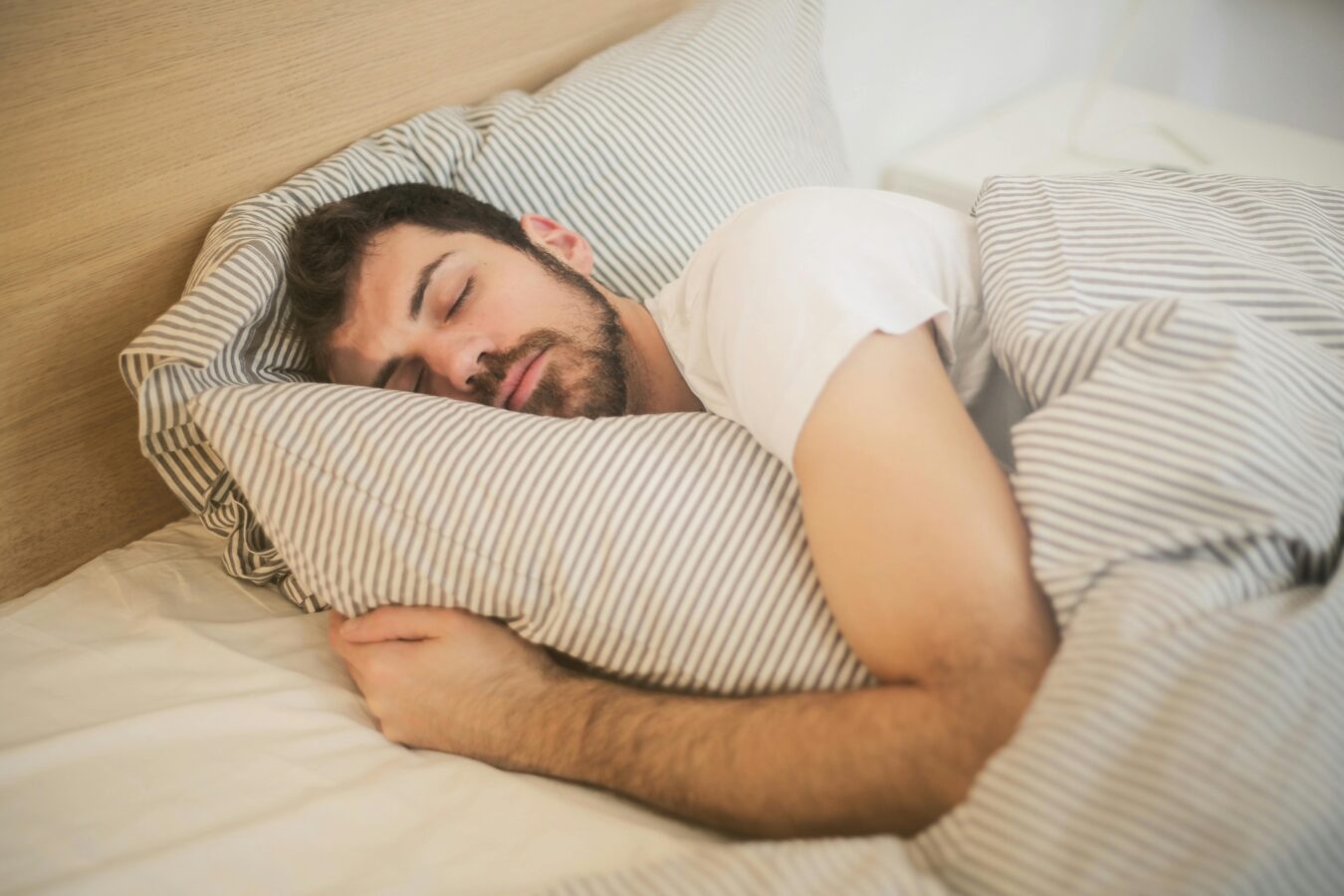In this time of being in a constant state of hustle and bustle something that often takes a back seat is the importance of sleep. We prioritize everything else and overlook the significance and the impact sleep has on us. Whether it is pulling an all-nighter the night before an exam, staying out late and partying during weekends, or staying awake to take care of your sick family. We do have a lot of responsibilities and sometimes habits that do negatively impact our sleep hygiene which in turn impacts our lives which we will try to unravel below.
Juggling Work-Life
Considering the relentless onslaught of emails, meetings, deadlines, duties, and responsibilities that constitute the small magnitude of expectations people have daily, it becomes almost impossible to have a work-life balance. There is almost always an imbalance that people are trying their best to navigate daily. And, amidst this chaos of juggling work-life balance that we are always reminded of, sleep stands as an ally for you where the mind and body can unwind and recharge.
The Sleep-Productivity Connection
In contrast to the conventional portrayal of the sleep-deprived workaholic, the benefits of forgoing relaxation in favor of productivity eventually decline. Chronic sleep deprivation has been shown to have detrimental impacts on cognitive function, memory retention, and decision-making abilities—all of which are critical for success in the workplace. Essentially, sleep is the foundation of productivity because it fosters creativity, problem-solving abilities, and emotional resilience—all of which are critical for managing the challenges of today's workplace.
The Healing Power of Sleep
The body goes through numerous vital processes of repair and regeneration while people sleep, which strengthens the immune system, balances hormones, improves energy levels, and improves general health. Moreover, sleep provides a buffer against the numerous stresses of everyday life and is closely linked to mood control, stress management, life satisfaction, and mental resilience. Thus, getting enough good sleep is not only an indulgence but an essential component of overall health and wellness.
Embracing Better Sleep Hygiene
Today, there exists a lot of pressure to be healthy and aware. Having a nutritious meal, exercising regularly, socializing, financial stability, and so on, are some of the key things everyone is aspiring towards. This is causing us to be stuck on either the conventional hustle and bustle, struggling lifestyle, or the overstimulated, pressured with overload of information about the idealistic way of having 8 hours of sleep daily. Both of these are a recipe for disaster because instead of pressurizing ourselves to maintain the 8-hour sleep cycle like we believe others have, we should reflect on what works for us and understand ourselves first. Only, then we can inculcate ways to improve our sleep hygiene. Below are some of the ways that you can try and see if they work for you.
- Try to be consistent with your Sleep Schedule: To help your body's internal clock and foster a feeling of habit, try to establish a regular bedtime and wake-up time.
- Establish a Relaxing Bedtime Routine: To help your body recognize that it is time to sleep, try and figure out activities that help you unwind and become calm before bed. Steer clear of stimulating activities and screen time as these can make it difficult to fall asleep or have a restful sleep.
- Enhance Your Sleep Environment: Keep your bedroom quiet, dark, and cool, and use comfortable pillows and mattress to create a sleep-friendly environment.
- Limit Screen Time Before Bed: Try to avoid spending too much time on electronics before bed because the blue light they generate might interfere with the creation of melatonin and the quality of your sleep.
- Watch Your Alcohol and Caffeine Intake: Since these stimulants can interfere with the onset of sleep and disturb sleep patterns, limit your intake of these substances, especially in the evening.
In today's fast-paced society, where productivity and activity are typically viewed as indicators of success, but it's also expected of you to be healthy somehow, a good night’s sleep is still a luxury. It is not just significant for relaxation but is necessary for living a happy, and healthy life. Therefore, reflecting on the quality of your sleep and understanding if you need to make some changes to find what works best for you is key. Sleep is crucial and that is why when you visit a health care provider they ask you about sleep hygiene and concerns because a lot can be understood about your health from your sleep. If you want to reflect and understand more specifically about your sleep hygiene and concerns, you should talk to your healthcare providers on your next visit and hopefully, you can sleep tight and dream light.

